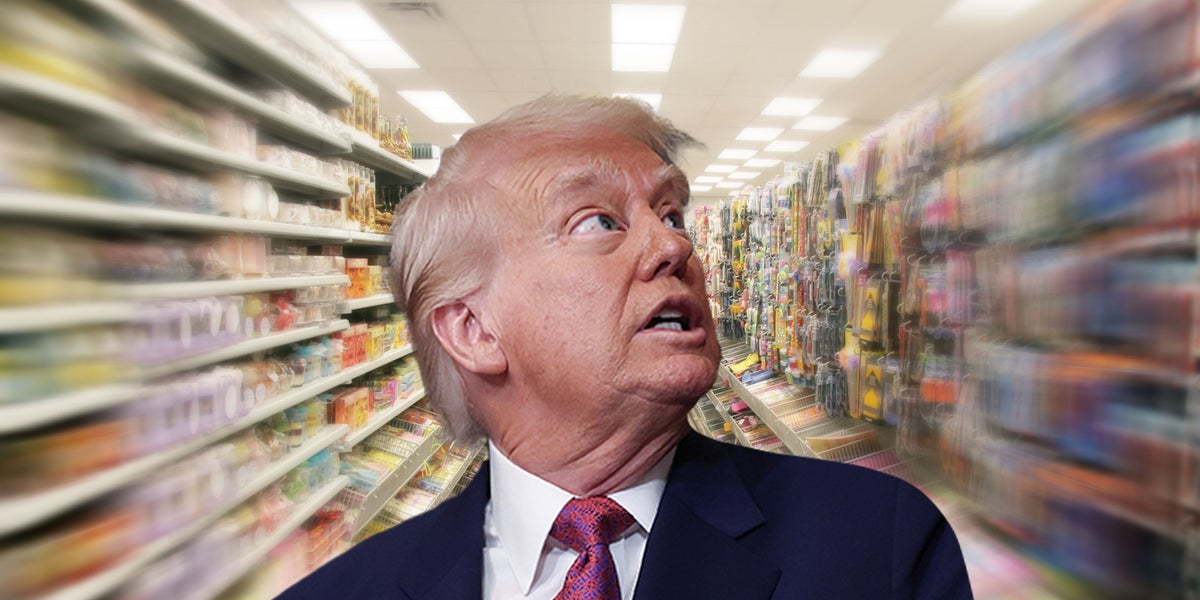Are Trump's Tariffs Driving Up Your Grocery Costs? Here's What to Know
- Small Town Truth

- Jun 18
- 2 min read

Are grocery store prices a reflection of President Donald Trump's tariffs? Illustration: HuffPost; Photos: Getty The economic landscape for consumers has become increasingly burdened by the rise in grocery prices. As President Donald Trump's tariff policies continue to unfold, many Americans are left pondering the real impact on their grocery bills. Initially, the administration claimed that tariffs would be offset by foreign nations; however, there has since been a shift in narrative acknowledging that American consumers will indeed bear the cost. Current economic conditions, influenced by unpredictable tariff policies, have led to significant concerns regarding grocery prices. With legal challenges against these tariffs ongoing, consumers are questioning whether any relief is on the horizon when it comes to their food expenditures. Have tariffs contributed to grocery price increases? Abigail Hall Blanco, an economist from the University of Tampa, remarked that while it is challenging to attribute specific price hikes directly to tariffs in the immediate sense, historical data indicates that tariffs generally detract from consumer welfare. Such fluctuations could also stem from numerous factors, including inflation and external events like avian flu outbreaks. Amrita Bhasin, co-founder of a supply chain consultancy, has indicated that consumers can expect price elevations on standard pantry items, particularly canned goods. “There are many products marketed as American-made, yet their packaging and materials are imported,” Bhasin explained. A considerable factor contributing to these price changes is the heightened import tax rates on steel and aluminum, which have risen to 50% for most trading partners, with the United Kingdom standing as the sole exception. Legal scholar Christine Abely noted that certain tariffs, especially those imposed under the International Emergency Economic Powers Act, are facing successful challenges in court and could be reversed. However, tariffs on steel and aluminum, which are more securely entrenched, are less likely to see such changes. Public sentiment on rising grocery prices A national survey conducted by The Feedback Group reveals that 61% of U.S. consumers express anxiety over escalating grocery prices, with younger generations feeling the most pressure. When asked about the causes behind these hikes, a significant majority pointed to governmental policies as the primary culprits. “Consumers increasingly perceive that government strategies and supplier actions are the main drivers of food inflation, rather than the supermarkets themselves,” stated Brian Numainville, principal at The Feedback Group. Impact of legal proceedings on grocery costs Tax attorney Nikhil S. Agharkar emphasized that the immediate effects of tariffs were felt from the moment they were instituted, and any subsequent court rulings would likely not reverse the cost implications that have already affected retailers' purchasing decisions. <
.png)